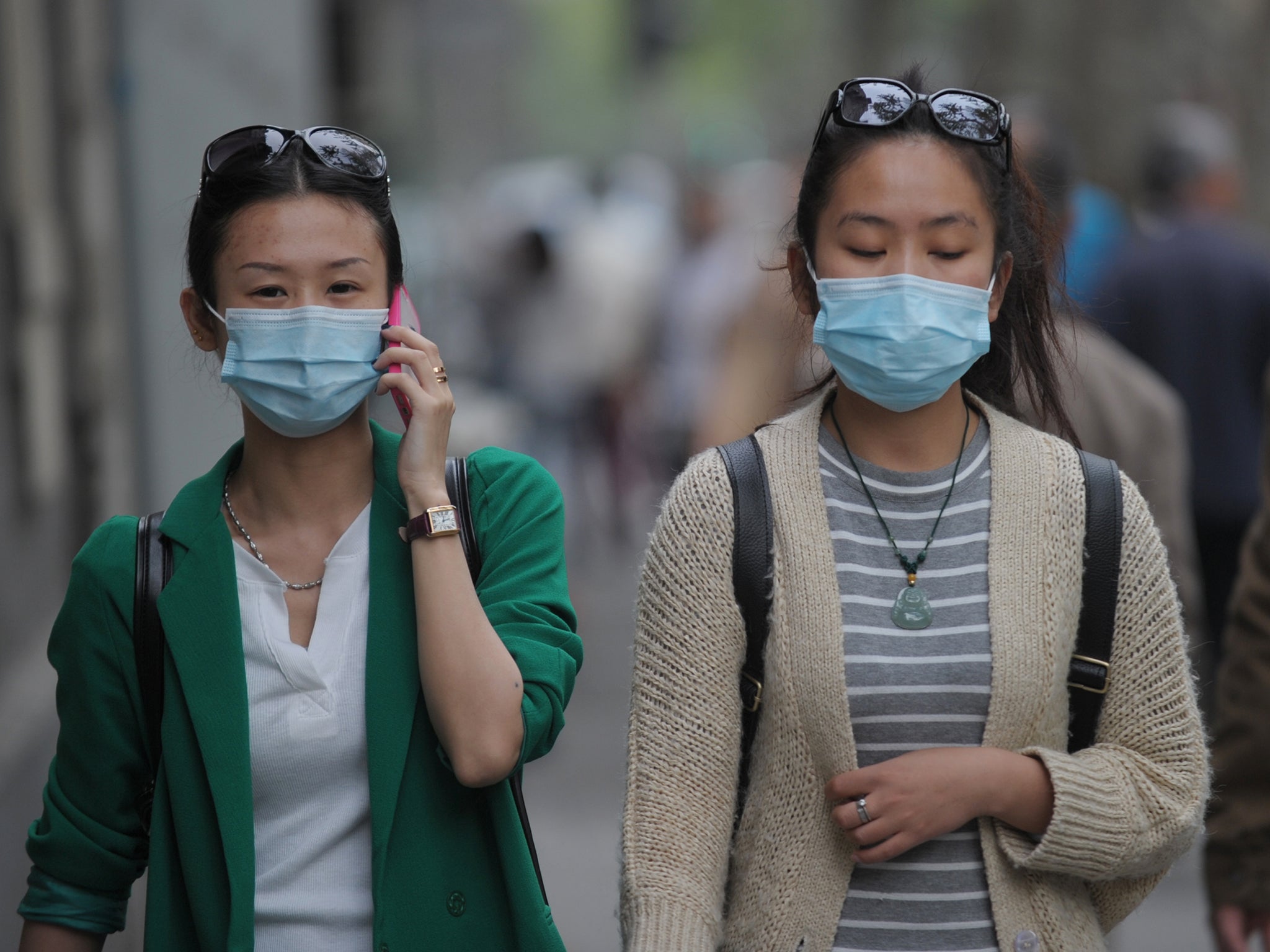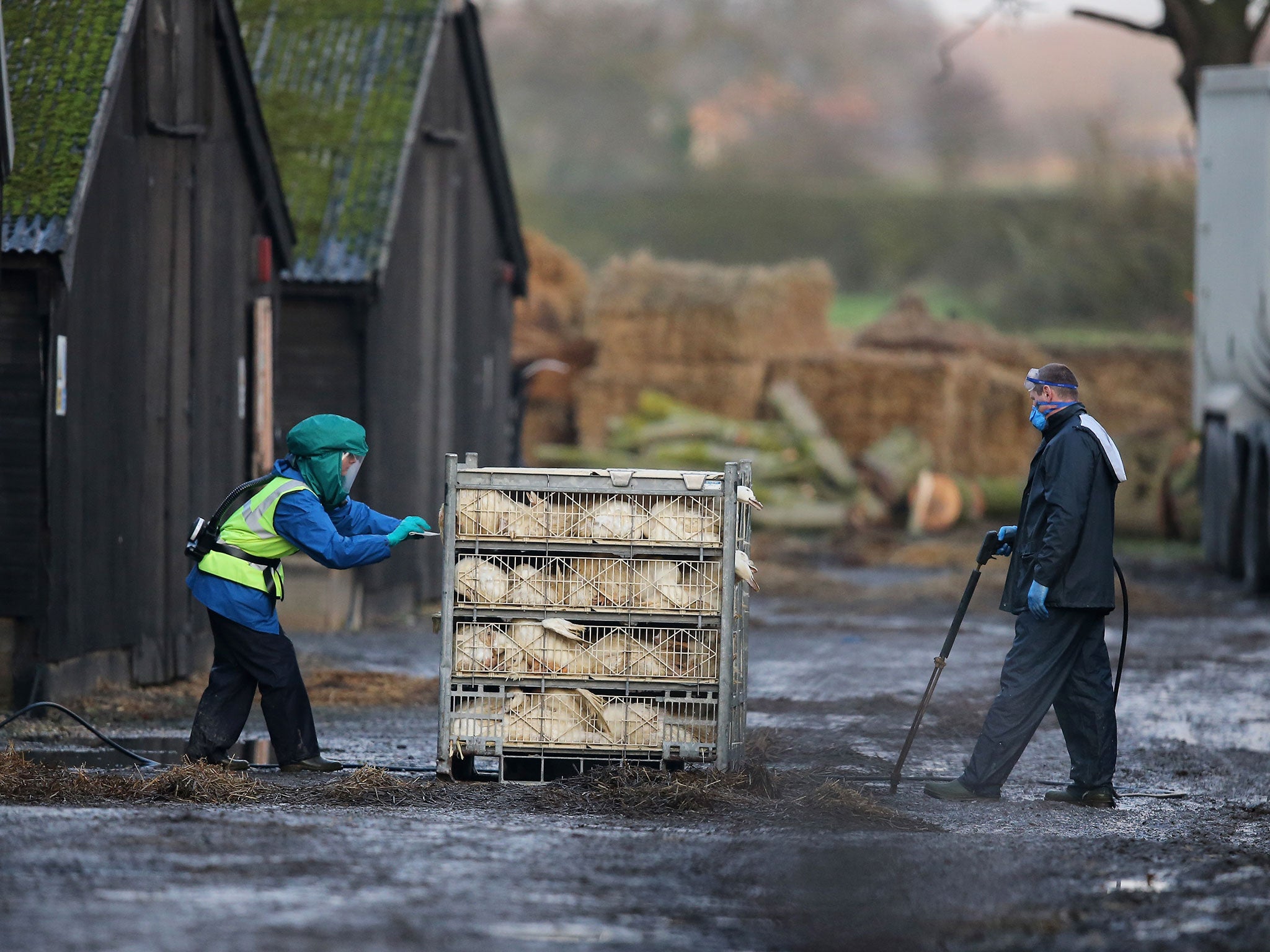Bird flu could be as deadly as 1918 Spanish flu pandemic, leading academic warns
Scientists were prevented from carrying out investigations into the disease in 2012

Bird flu could prove as deadly as the 1918 Spanish flu pandemic which killed 50 million people, a leading academic has warned, as he called for research to continue into ways to stop the virus.
Scientists were prevented from carrying out further investigations into the disease in 2012, amid fears that it would escape from laboratories or be hijacked by bioterrorists.
But Professor Derek Smith, from Cambridge University, said that it was vital that teams be allowed to carry on with lab work looking into the transmission of the disease - which could prove "unstoppable".
28,000 birds culled after outbreak at Dutch farm
4,000 chickens culled at poultry farm in Japan
Bird flu confirmed in chickens at British farm
He said that within a few months, researchers may be able to work out whether it could spread between humans - and how likely it might be to happen, the Daily Telegraph reported.
Professor Smith told audiences at The Hay Festival: “Remember how dangerous a flu pandemic can be. Was it really the right decision back then to stop this research?
“If that virus in our lab emerged today it would be as devastating as in 1918. We don’t know how likely that is but we would be a lot closer to knowing if the research could continue.”

Professor Smith was part of the team which genetically engineered the H5N1 avian flu virus to make human to human transmission possible.
He said that some of the scientists who had worked on mutating the virus - which is deadly to birds, but cannot currently spread between humans - had received death threats because the work was so controversial, and warned that this had had a "chilling effect".
Before the research was vetoed by public health watchdogs, they had discovered that the virus, which has killed around 500 people around the world who were in contact with infected animals, needed just five mutations to make human transmission possible - some of which are already happening in the wild.
Join our commenting forum
Join thought-provoking conversations, follow other Independent readers and see their replies
Comments